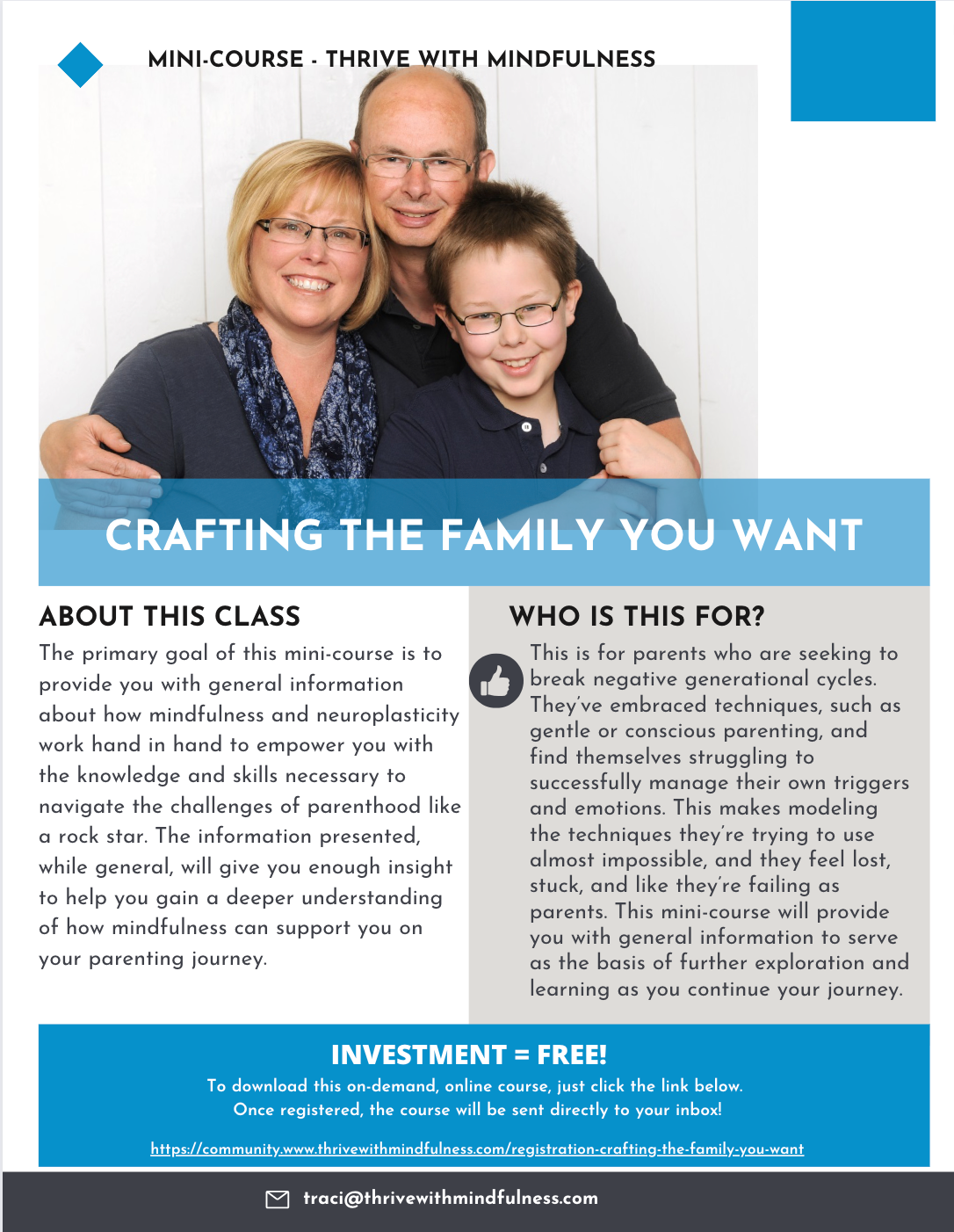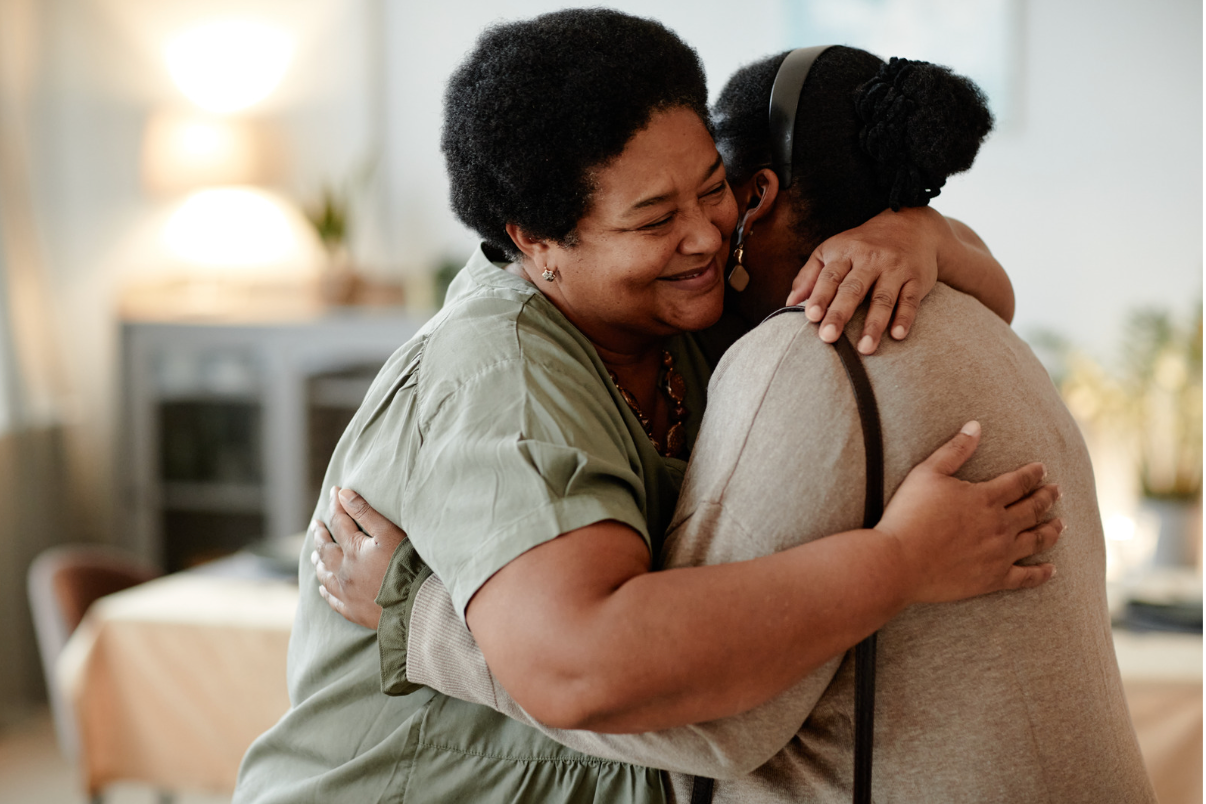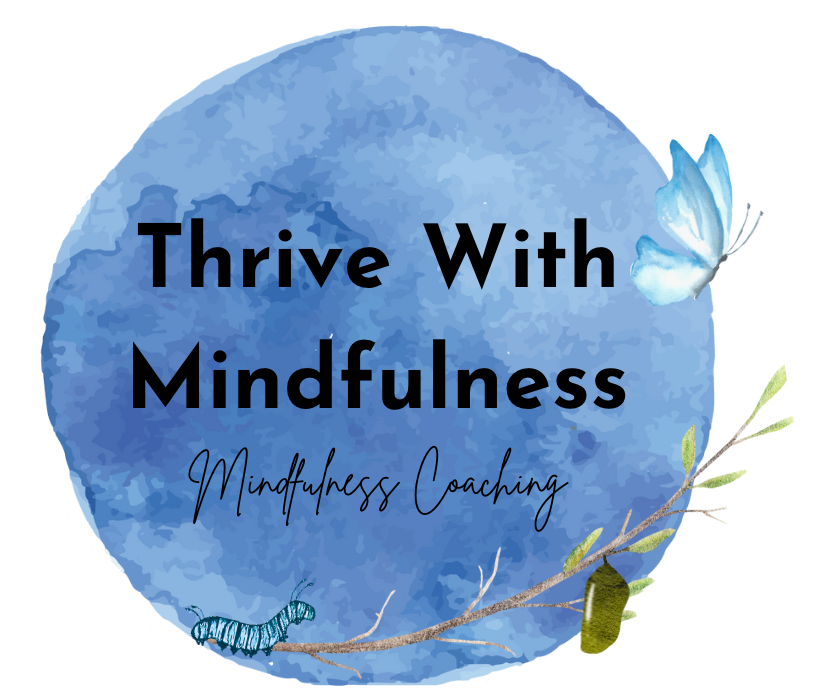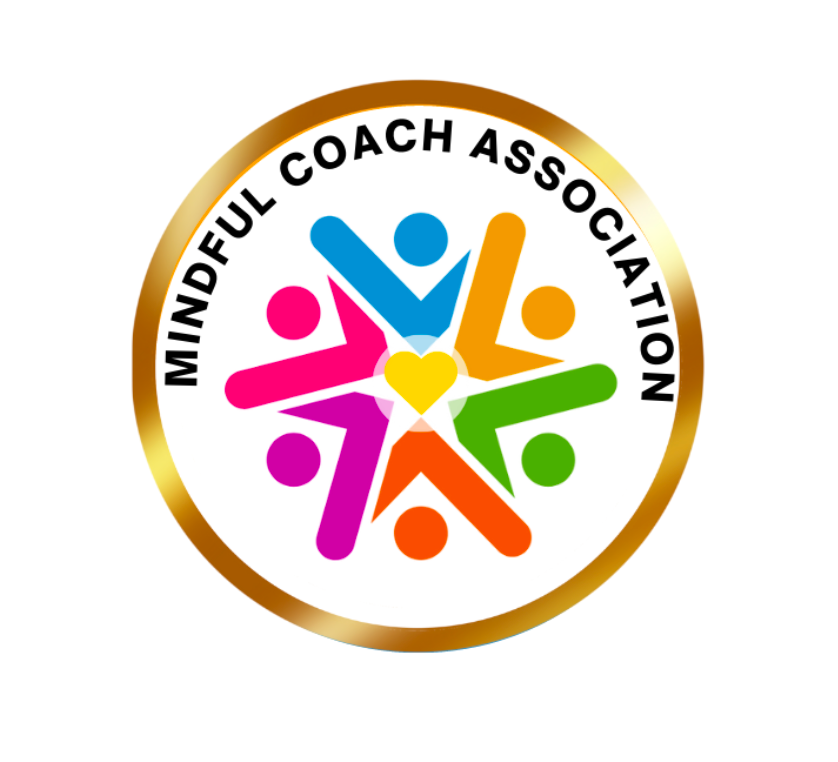Unlocking Trust: 2 Powerful Strategies for Closer Bonds with Your Kids

Imagine you had a magic wand to change anything about your relationship with your kids. What would it be?

Imagine you had a magic wand to change anything about your relationship with your kids. What would it be?
One father recently answered this question in a profound way in a conversation I had with him.
At first, this dad mentioned his relationship with his kids is generally good. “They're nice kids—moderately obedient, strong-willed, and healthy. What more could a parent ask for?”
But after a while, he admitted to occasionally losing patience and yelling, leaving him feeling guilty. He reported that his wife even pointed out that he wasn’t helping his kids when they asked for it, even for simple things like lifting them to reach the monkey bars.
Trust is crucial in parenting; it goes beyond words.
Our consistent responses to our children's requests for help tell them, "I'm here for you." Trust is the foundation, especially during the challenging teenage years.
Healing the past: Trauma-informed mindfulness and restorative practices.
Before we dive in, let's acknowledge that negative cycles likely result from our actions, and we can repair them.
This is done by making the necessary behavioral changes to show your child that you recognize your mistake and take the repair process seriously. Even if they don’t outwardly acknowledge that they notice the change, your actions will speak volumes to them.
Step 1: Trauma-informed Mindfulness
Just a few minutes of mindfulness practice per day can begin to dissolve the damage caused from impatient, reactive parenting. As you and your child practice together, you open the door to being together without any attachment to the issues that caused the initial harm. Because this takes place without words being exchanged, you get to co-regulate, reconnect, and clear space for the repair work to happen.
Try the following mindfulness practices:
- Movement: Try walking barefoot and notice how your feet feel on the ground.
- Observation: Take time to observe objects, colors, or the space around you.
- Sound: Listen to sounds in nature or music.
- Sensations: Feel the wind blowing on your face, the warmth of the sun, how water feels on your feet as you walk along the coast, or how the sand feels as it passes through your fingers, etc.
Feel free to pick and choose which of these activities feel like the right choice each time you and your child practice together. Because they have been curated to focus the attention outside the body, these are very calming . This is what is needed in order to engage in restorative conversations.
Step 2: Restorative Communication Practice
Restorative practices focus on having positive relationships and taking responsibility for behavior. This works both ways, so whatever questions you choose to ask, they are intended for both the parent(s) and the child(ren). Everyone answers the same questions, listening intently to the answers in order to truly understand the other person's point of view.
When a family member is upset or overwhelmed, it is usually very hard for them to listen. This is especially true when they feel like they are being yelled at or lectured. To help them calm down and get ready to figure out how to move forward, use the questions below.
Try restorative practices:
Here’s how:
- We first validate our feelings, listening to each family member describe their feelings and showing acceptance for this.
- Then we try to understand the circumstances and understand their perspective.
- Finally, we clarify how we can repair the situation and move forward without any lingering hurt.
Validate feelings by asking questions:
- Are you alright?
- How are you feeling right now?
- What do you need now?
- What will make this better?
- How can I help?
Build perspective:
- What happened?
- What led up to this?
- What were you thinking at the time?
- How did you feel when that happened?
Repair and move forward:
- How can we make sure this doesn’t happen again?
- What do you need to see happen now?
- What can you do in similar situations?
When leading restorative conversations, it is important for adults take responsibility for their part first. This is a great way to teach a child to take responsibility for their part. Taking responsibility does not mean you are sorry. It just means you know you might have done something that made things more difficult for the other person.
Here are some examples:
- I could have been more clear in my expectations.
- I should have waited to ask you to do that until I had your full attention.
- I wish I hadn’t raised my voice. This situation is stressful for me, too.
Apologies and promises “to never do it again” often don’t make anyone feel like things have been fixed. We want to see our children have an actual next step after these conversations. Lots of ideas are listed below! If someone apologizes during the conversation, you can say:
- Thank you. How can you show that you’re sorry?
- I accept your apology, and how do we make things right?
Remember that our actions are teaching our kids every day. They notice when we're having 'human moments,' opportunities for growth—for both you and them. By creating safe spaces to work through our mistakes without yelling or judgement, our kids will be far more likely to come to us when they really need us.
Need Support?
If this article resonated with you and you would like to learn more about how mindfulness can support you in your parenting, we offer a FREE mini-course called, 'Crafting The Family You Want', where you will walk away with a general understanding of how mindfulness and neuroplasticity work hand in hand to help you regulate your own emotions, and model this to your child as you practice it for yourself.
To enroll, all you need to do is click the button below. Once registered, the mini-course will be delivered directly to your inbox!
With love,
Traci
PS- Need more information about the mini-course before signing up? The picture below has more details!

Share this post















